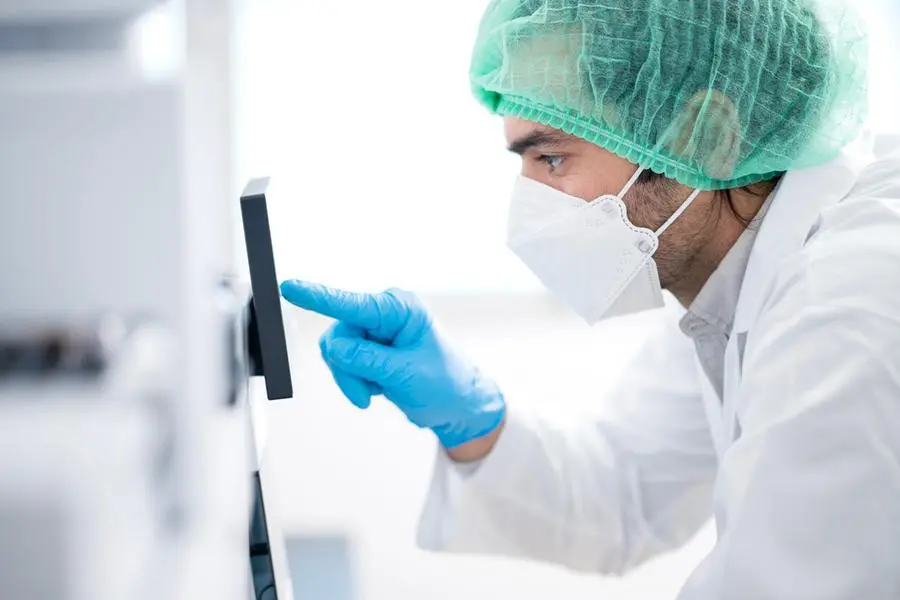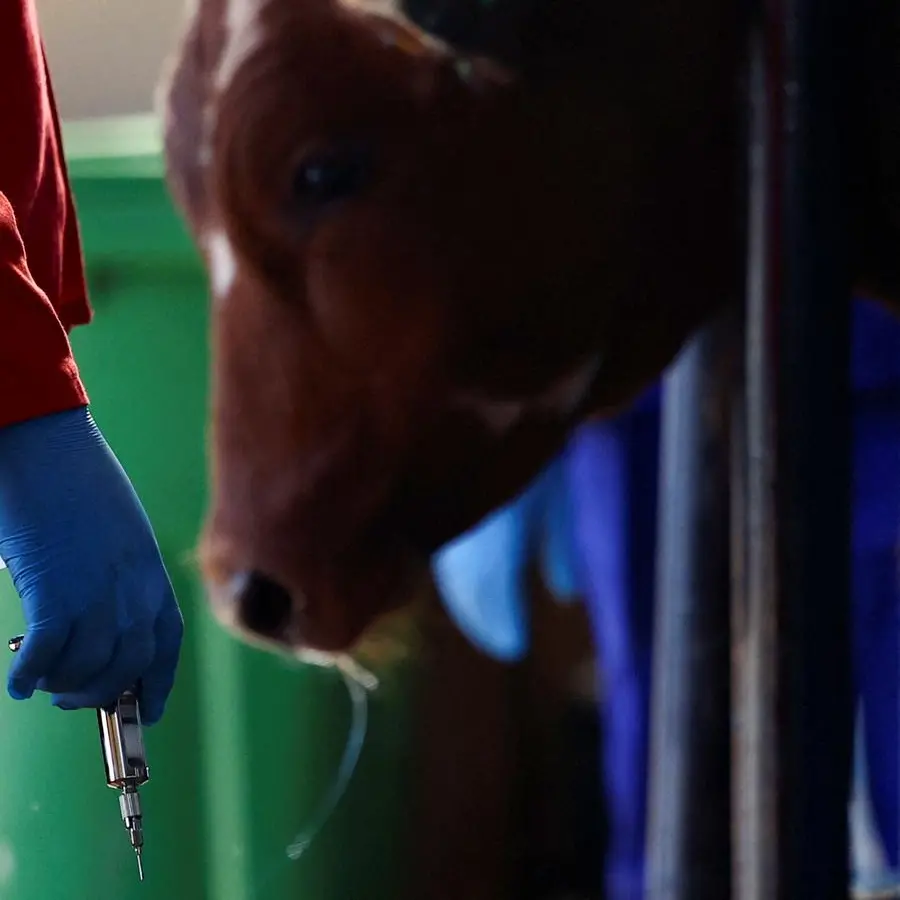PHOTO
NEW YORK: Scientists have developed a "smart mask" capable of analyzing the wearer's breath to detect signs of disease. This innovative device, which transmits data via Bluetooth to a mobile app, aims to offer an affordable and convenient method for capturing and analyzing breath biomarkers associated with respiratory and metabolic conditions.
The mask has the potential to enhance the early diagnosis of diseases like lung conditions and to aid in monitoring and personalized treatment plans. Prof. Wei Gao, a senior author of the study from the California Institute of Technology, explained that the technology can function as a general breath analysis platform, using various sensors tailored for specific conditions. For instance, the mask tested in their study can monitor both kidney conditions and airway inflammation related to chronic obstructive pulmonary disease (COPD) and asthma.
Published in the journal Science, the research highlights the challenges of current breath analysis methods, which often involve complex processes like using ice buckets or refrigeration and require laboratory testing. In contrast, the smart mask is equipped with a device called EBCare, which allows for real-time biomarker monitoring directly from the breath.
The EBCare device employs a dual approach to condense breath: it uses a material that dissipates heat efficiently and incorporates a hydrogel that cools through natural evaporation. The condensed breath is then analyzed by an integrated sensor that measures various components, including alcohol content, pH, ammonium, and nitrite levels. This continuous process ensures that the mask can provide ongoing health monitoring.
The researchers tested the mask on both healthy volunteers and individuals with conditions such as asthma and COPD. They found that the mask effectively tracked changes in breath alcohol concentration and ammonium levels, which can indicate protein consumption and renal health. Additionally, the mask detected higher nitrite levels in individuals with airway inflammation.
Prof. Gao emphasized that the mask is designed for daily use, providing real-time, at-home health monitoring without requiring clinical visits. He also noted its cost-effectiveness, with reusable electronics priced at a few tens of dollars and disposable components costing around $1 each.
Prof. Ian Hall from the University of Nottingham, who was not involved in the research, praised the device as a notable engineering achievement but suggested that further validation is needed to confirm its diagnostic and monitoring capabilities. He also mentioned its potential utility in research, particularly for early evaluation of new drugs.
Arab Times | © Copyright 2024, All Rights Reserved Provided by SyndiGate Media Inc. (Syndigate.info).





















